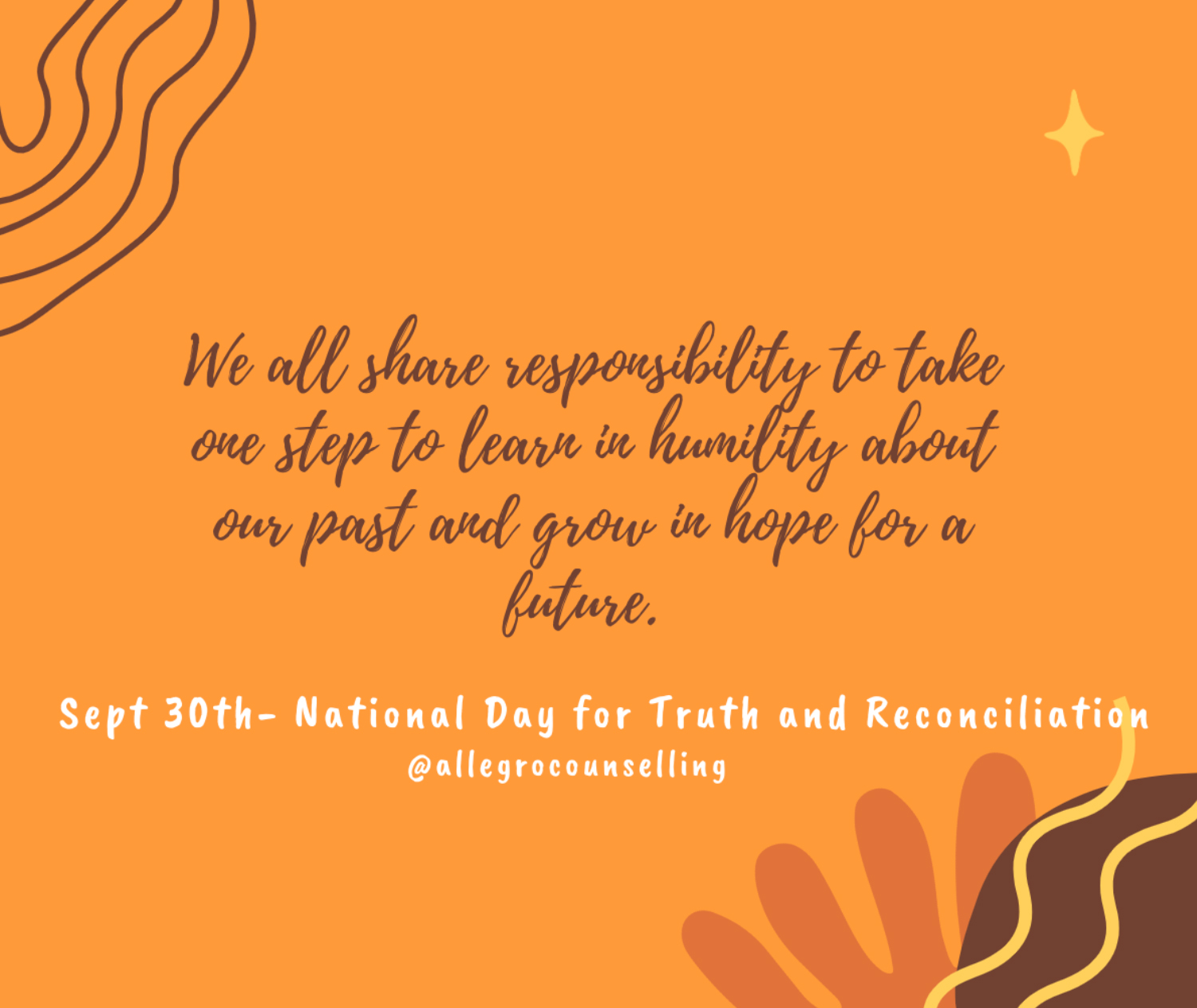National Truth and Reconciliation Day: The Psychological Burden of Historical Injustices
Nations have regularly faced with periods characterized by significant divisions, violence, and heinous injustices throughout history. While the apparent wounds of such tragedies may have healed over time, their enduring resonance lingers in the collective psyche, fuelling continuous social turmoil and emotional misery. The notion of National Truth and Reconciliation (NTR) has arisen as a potent tool for addressing these historical scars, with its dual aim of exposing painful facts from the past while also setting the framework for healing, unity, and a more promising future. We explore into the subtle psychological components of NTR in this article, scrutinizing its tremendous relevance, the complexities of its processes, and the possibility for significant transformative change.
Historical injustices, ranging from the horrors of slavery, colonialism, and apartheid to the stark brutality of genocides and ethnic conflicts, inflict deep psychological wounds on both individuals and entire communities. These traumas often transcend generations, creating a pernicious cycle of suffering and festering resentment.
At the heart of this complex issue lies the concept of Intergenerational Trauma, as emotional trauma can be subtly transmitted across generations. Descendants of survivors frequently bear the emotional scars of their forebears, grappling with an inherited sense of anguish. The repercussions extend further to encompass Psychological Distress, afflicting survivors and their descendants with the enduring burden of anxiety, depression, and post-traumatic stress disorder (PTSD). Meanwhile, mistrust and prejudice fester as historical injustices sow the seeds of distrust and bias between different groups, hindering the cohesion of societies. These negative attitudes persist, perpetuating division and conflict.
Historical injustices also leave an indelible mark on the Collective Memory and Identity of a nation. Diverse groups within a society may harbour contrasting narratives about the past, exacerbating divisions and contributing to ongoing conflicts.
To address these profound psychological impacts, we must begin by confronting the truth—a painful but indispensable process. The psychological dividends of acknowledging the truth are manifold, encompassing the validation of survivors’ experiences and the admission of wrongdoing. For many, this acknowledgment forms a critical foundation for healing and reconciliation.
Psychological research underscores the vital role played by collective memory in shaping the identity of communities and nations. In contexts where a nation’s history is marred by injustices, there often exists a tension between divergent narratives about the past. NTR strives to forge a shared narrative, recognizing that conflicting historical accounts can perpetuate division and discord.
Moreover, NTR facilitates Psychological Healing through processes such as truth commissions and public apologies. These mechanisms provide catharsis for both survivors and perpetrators alike. Survivors find validation and closure in having their stories heard and acknowledged, while perpetrators may experience relief from the weight of guilt and shame as they take responsibility for their actions.
In conclusion, National Truth and Reconciliation represent a profound psychological odyssey embarked upon by nations to heal the enduring wounds of the past. By delving into the intricate psychological dimensions of this journey, we gain a deeper appreciation of its significance and the transformative potential it holds for individuals and nations alike. NTR remains a potent tool for fostering unity, reconciliation, and the promise of a brighter future for societies scarred by division and injustice.


Add Comment